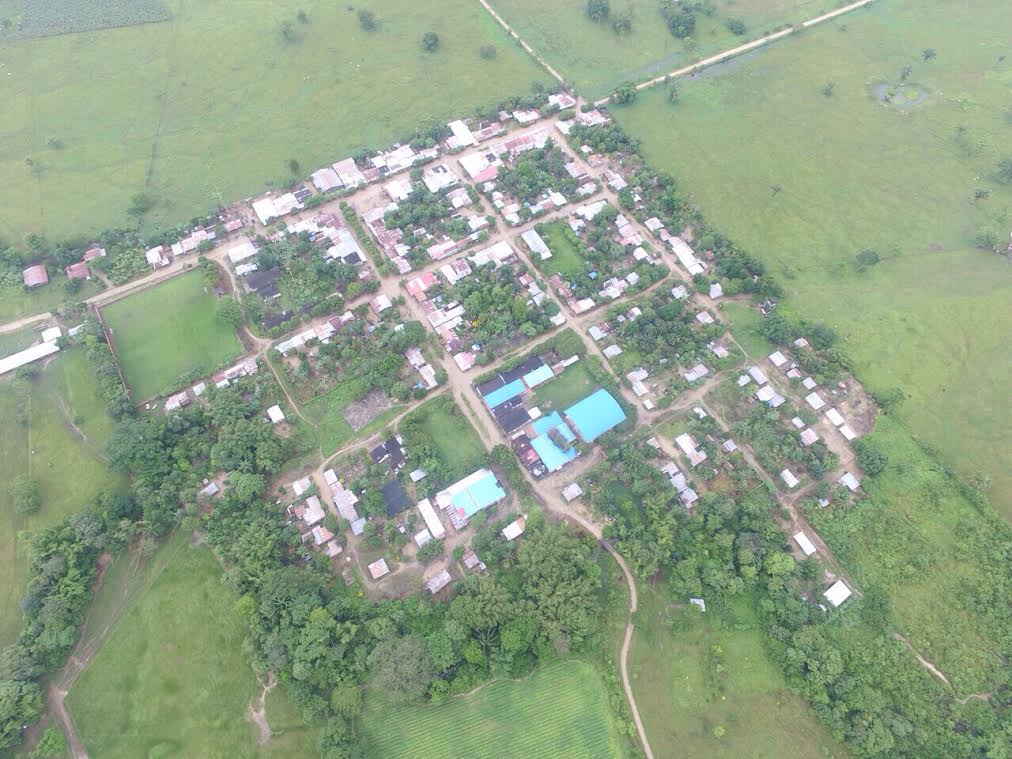Guatemala City, Guatemala | AFP | Hundreds of demonstrators protested this Saturday in the capital of Guatemala in rejection of a law approved by the ruling Congress that toughens penalties for abortion, closes the door to same-sex marriage and limits rights to the LGBTI community.
“We as people from the LGBT community deserve, for the simple fact of living in this state, to have the same rights as other people,” Ángel Cabrera, one of the protesters, told AFP.
In the protest, which began in the south of the capital and reached the historic center, the participants, with dances, music and multicolored flags, demanded that Parliament file the “Law for the Protection of Life and the Family”, approved on Tuesday.
The rule raises the maximum prison sentence from three to 10 years for “the woman who causes her abortion or consents to another person causing it.”
In addition, it made it clear that “marriage between people of the same sex is expressly prohibited” and restricted the possibility of teaching about sexual diversity to educational centers, among other limitations for the LGBTI population.
Opposition deputies affirmed that the law, in addition to being unconstitutional, can criminalize women for spontaneous abortions and increase the risk of hate crimes based on sexual orientation.
On Thursday, President Alejandro Giammattei asked Parliament to shelve the law, considering that it violates the Constitution and international conventions signed by the country. If not, he announced, he will veto it.
The day before, the president had participated in a Christian forum that declared Guatemala the “Pro-Life Capital of Ibero-America.”
Shirley Rivera, president of the Legislature and deputy of the ruling party that promoted the law, indicated that they will analyze whether the norm contains illegalities.
“You don’t play with our rights” and “No to the law of hate”, some banners pointed out at the protest this Saturday.
The deputies who promoted the law argued in the text that there are “minority groups” in Guatemala that propose “models of behavior and coexistence that are different from the natural order of marriage and the family” and that they represent a “threat to the moral balance” and “the peace”.









